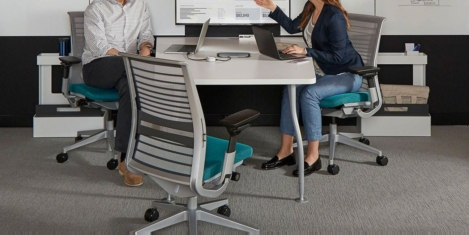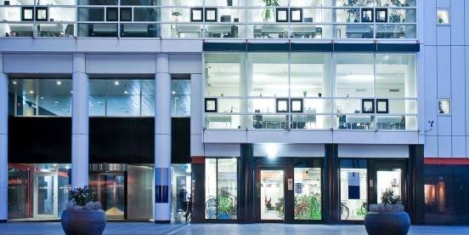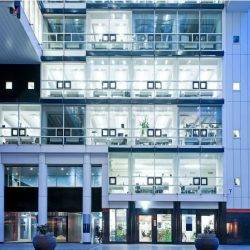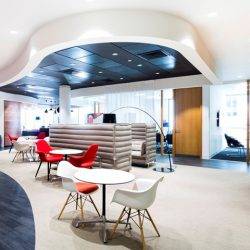April 26, 2017
Best workplaces in London honoured by British Council for Offices 0
 The British Council for Offices has announced the six winners of regional property awards for London and the South East of England. The winning entries, announced at a lunch at the Park Lane Hilton were Sky Central (main image), 8 Finsbury Circus, The Estée Lauder Companies, 20 Eastbourne Terrace, 67-71 Beak Street and Sea Containers House by BDG architecture + design. The prestigious BCO awards programme claims to recognise ‘the highest quality developments and sets the standard for excellence in the regional and national office sector.’ The winner of the Best Commercial Workplace was 8 Finsbury Circus while Sky Central took home the prize in the Best Corporate Workplace Category.
The British Council for Offices has announced the six winners of regional property awards for London and the South East of England. The winning entries, announced at a lunch at the Park Lane Hilton were Sky Central (main image), 8 Finsbury Circus, The Estée Lauder Companies, 20 Eastbourne Terrace, 67-71 Beak Street and Sea Containers House by BDG architecture + design. The prestigious BCO awards programme claims to recognise ‘the highest quality developments and sets the standard for excellence in the regional and national office sector.’ The winner of the Best Commercial Workplace was 8 Finsbury Circus while Sky Central took home the prize in the Best Corporate Workplace Category.


















 Accommodation and food services, manufacturing, and transport industries will be hardest hit by limits on movement of EU and non-EU workers following Brexit, a new report has claimed. The latest edition of Mercer’s
Accommodation and food services, manufacturing, and transport industries will be hardest hit by limits on movement of EU and non-EU workers following Brexit, a new report has claimed. The latest edition of Mercer’s 
















